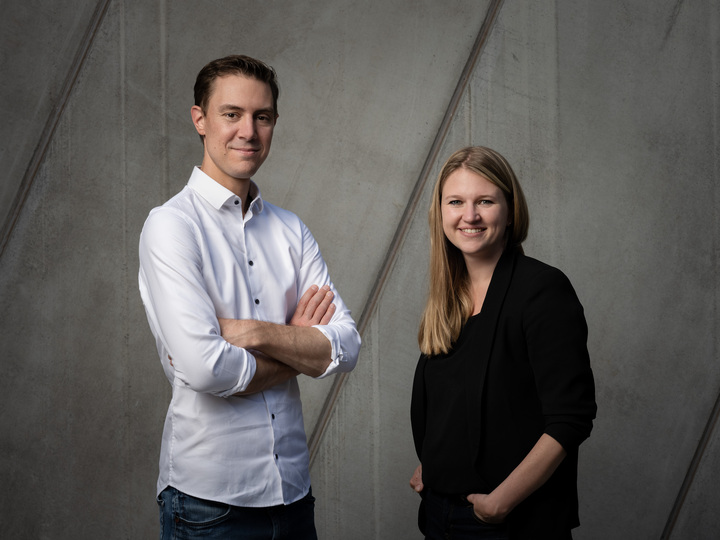2021 has been a good year for Nordic tech. $14bn was invested in the region over the year according to Dealroom, and the region is home to two of Europe’s top four most valuable private companies: Klarna and Northvolt.
Both of these companies have been important in shaping the Swedish ecosystem. Whilst many Klarna employees go off to create new fintechs, Northvolt with its battery gigafactory is part of a group of startups that have made Sweden Europe’s hub of impact. More than half the $8bn invested in Swedish startups in 2021, according to Dealroom, was raised by companies claiming to solve at least one of the UN's sustainable development goals (SDGs).
Finland (with nearly $2bn in investments in 2021) is the Nordics’ deeptech stronghold, with companies like Solar Foods, Carbo Culture, Iceye and Infinited Fiber. Consumer-facing startups are more scarce, apart from games, but with the €7bn acquisition of Wolt by DoorDash, things may be about to change.
Denmark saw a similar level of investment as Finland but has a more diverse tech scene. The fintech Pleo reached unicorn status this year, while online review site Trustpilot went public. Other sectors that Denmark is doing well in are robotics, foodtech, biotech and energy.
For Norway, Scandinavia’s bargain market, the most well-known privately owned startup is Oda. The food delivery startup reached a $1bn valuation this summer. Until recently, it was focusing on the local market but will start rolling out in Europe next year. Sky Mavis, the successful crypto earn-to-play game studio behind Axie Infinity, has also joined the unicorn ranks with its $152m Series B fundraising earlier this year. The jury's out on whether the success of Sky Mavis and Oda will wake up the sleepy Norwegian tech scene.
The only country that actually saw a drop in investment in 2021 was Iceland. For local VCs though — such as the all-female team at VC Crowberry Capital — things are moving along nicely.
Here's what the experts are expecting from startups in the region next year.
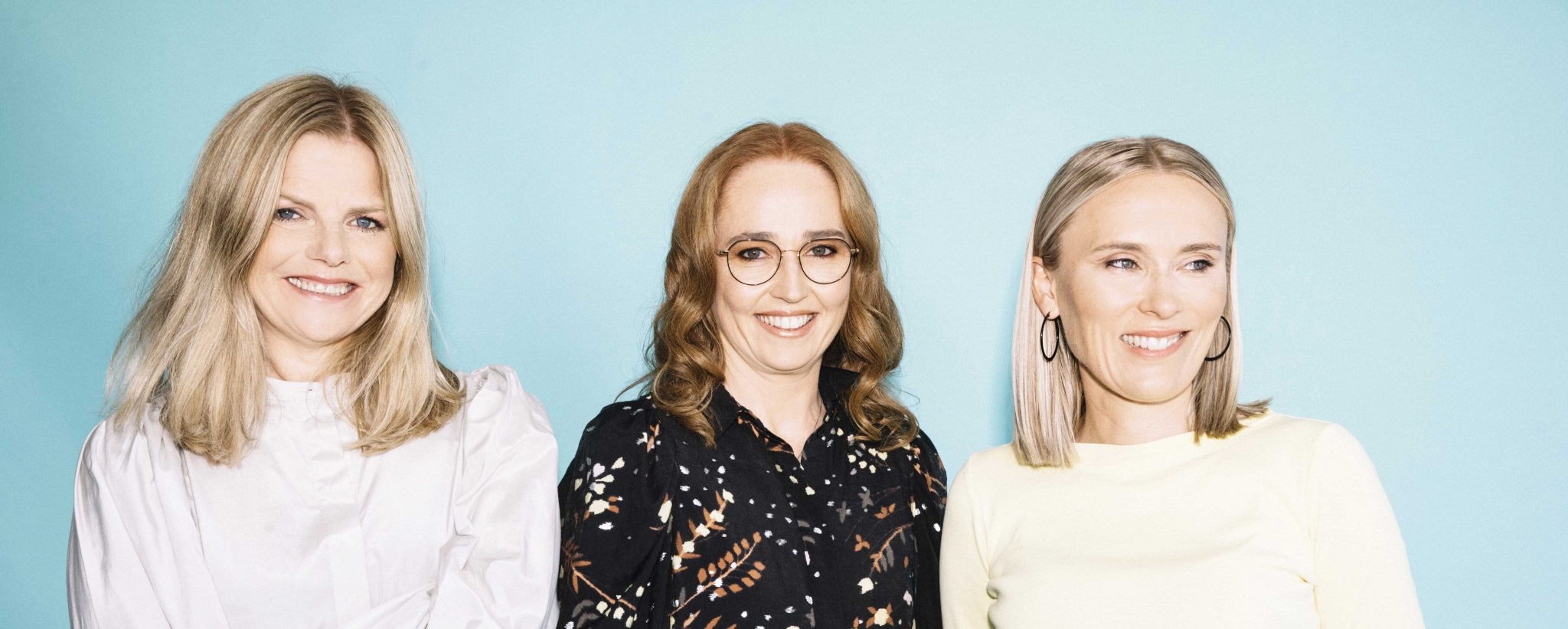
Jenny Ruth Hrafnsdottir, founding partner at Crowberry Capital — Iceland
The Icelandic ecosystem is as vibrant as ever. We see companies maturing well beyond the seed stage, mainly in games and enterprise SaaS. Four new VC funds were announced in 2021, Crowberry II being the largest and the only one with international mandate. So the ecosystem is set for 2022 with fresh funds to deploy.
We see Icelandic founders being more daring at reaching out to international VCs, keeping us in the local ecosystem on our toes.
The main trend we see now are brand new companies with extremely experienced founders, either serial founders or key employees who are building on their experience. The most vibrant sectors are games, SaaS solutions focusing on the future of work and B2C solutions focusing on mental and physical health. We see this as a logical development following the peak of the pandemic.
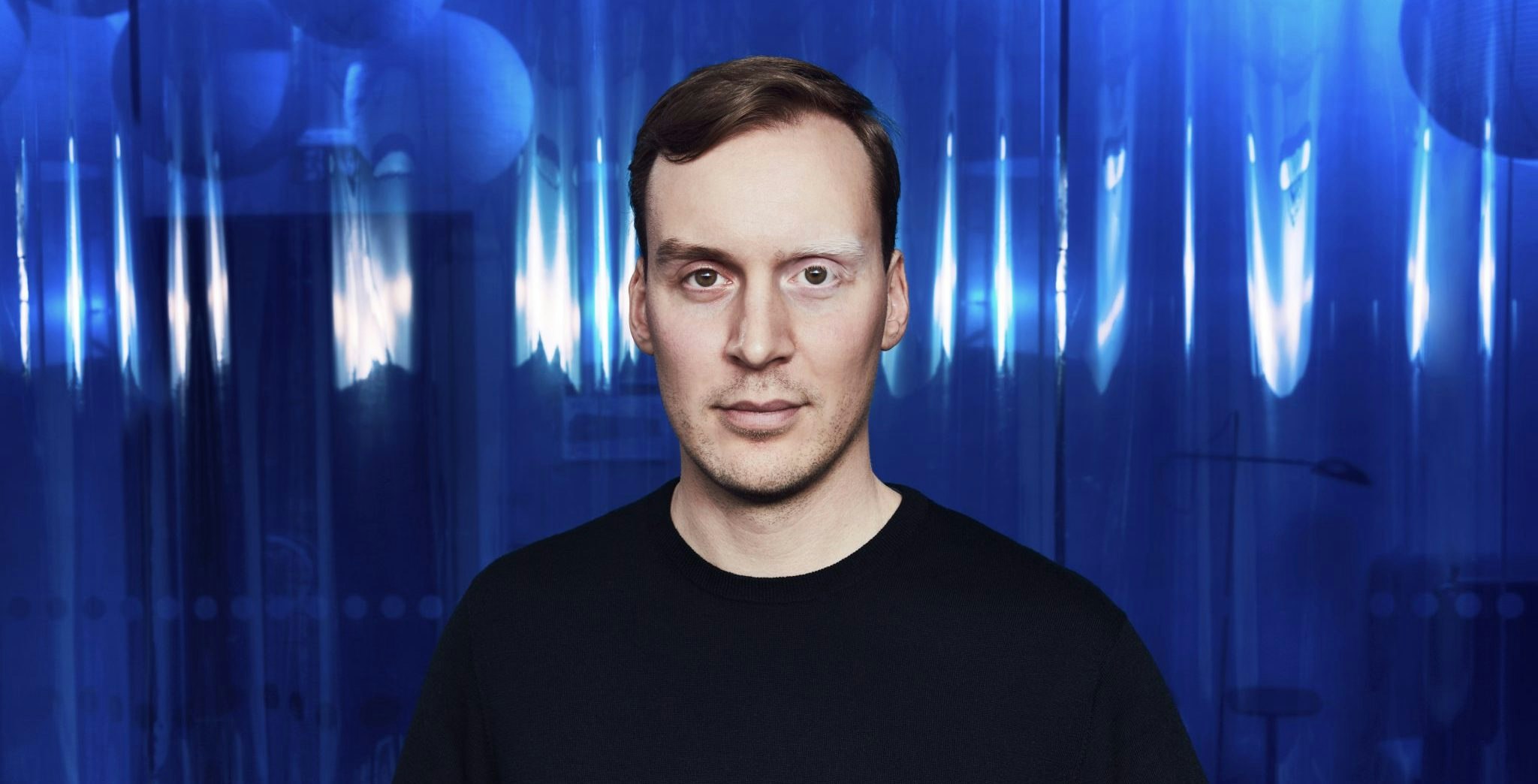
Johannes Schildt, cofounder and CEO of telehealth startup Kry/Livi — Sweden
Attitudes towards digital healthcare are changing. In 2022 we'll see a further shift: patients will want more personalised and flexible healthcare, with high expectations around access to appointments, diagnosis, treatments and data.
At the same time, we'll see governments and nations respond, with more preventative testing and in-home diagnostics, and a focus on how to deliver smarter access to services such as mental health.
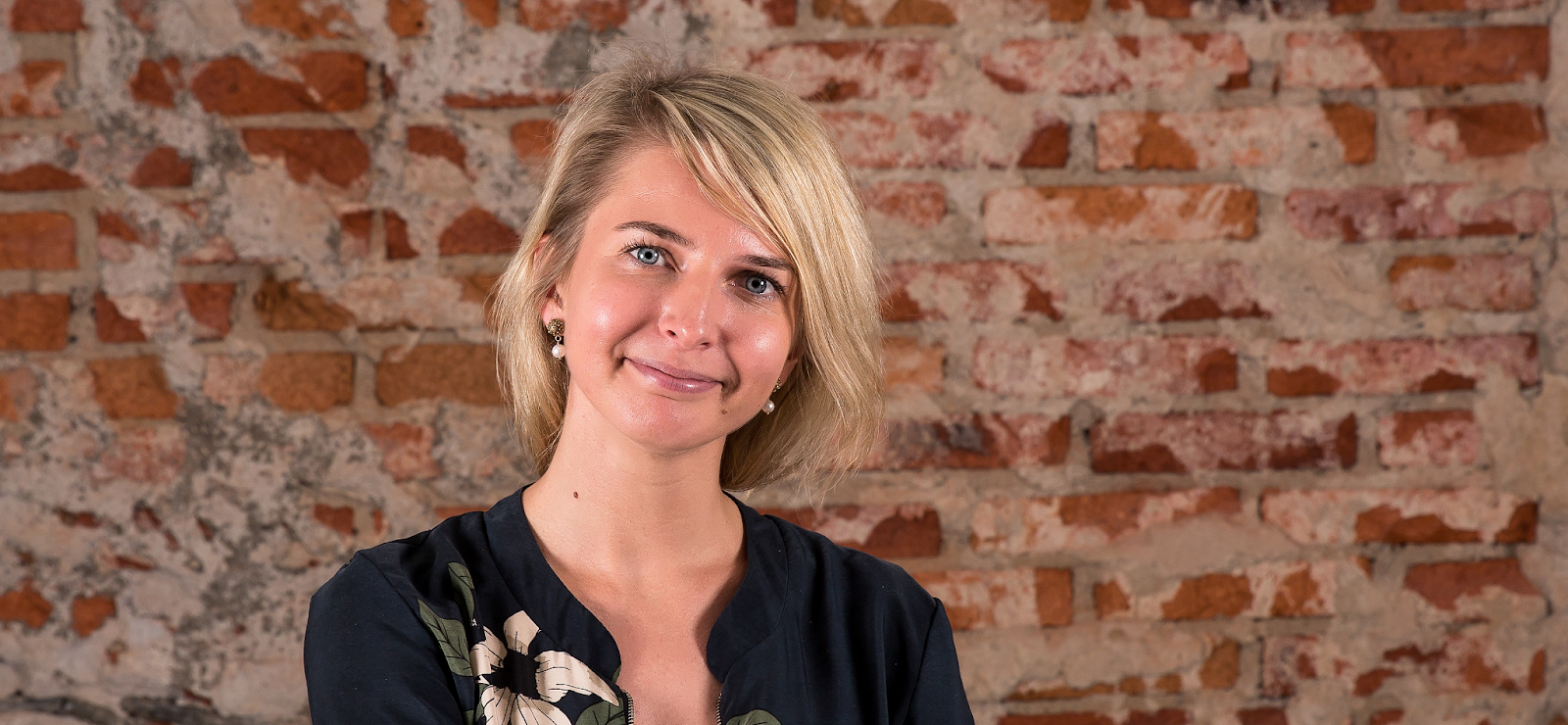
Ekaterina Gianelli, partner at Inventure — Finland
In the past few years we've seen a number of top-notch tech companies emerge from Finland, taking our ambition to the next level. The recent acquisition of Wolt among others will lead to an increasing number of highly ambitious operators — leaders with experience in product, tech, hiring and marketing — bringing their capital and know-how back into the ecosystem as they join other scaleups, start new businesses and angel invest. Next year, the operators will also be the new "it" in VC, as the "typical" profile of a venture capitalist is long gone.
Next year, the operators will also be the new "it" in VC, as the "typical" profile of a venture capitalist is long gone

Karl Munthe-Kaas, cofounder and CEO of food delivery startup Oda — Norway
Norway will continue to attract more international VCs, and several tech hubs are maturing. We have a budding gaming/crypto industry, healthtech is booming with the likes of Vaccibody, and on industrial tech both AutoStore and we at Oda are leading in terms of logistics tech efficiency. Aker Systems is continuing its push on software for industry applications, Kahoot is continuing to grow the edtech scene, and there are many others.
At the same time I think several Norwegian investors and institutions are realising that international VCs are eating their lunch. I hope this will lead to more concerted efforts to build up VC and growth equity expertise and pool capital in Norway. The traditional family investors will have to come together to get sufficient scale and build competencies around some of the coming megatrends. We might see some of the first large scale growth funds (more than $5bn) based in Norway.
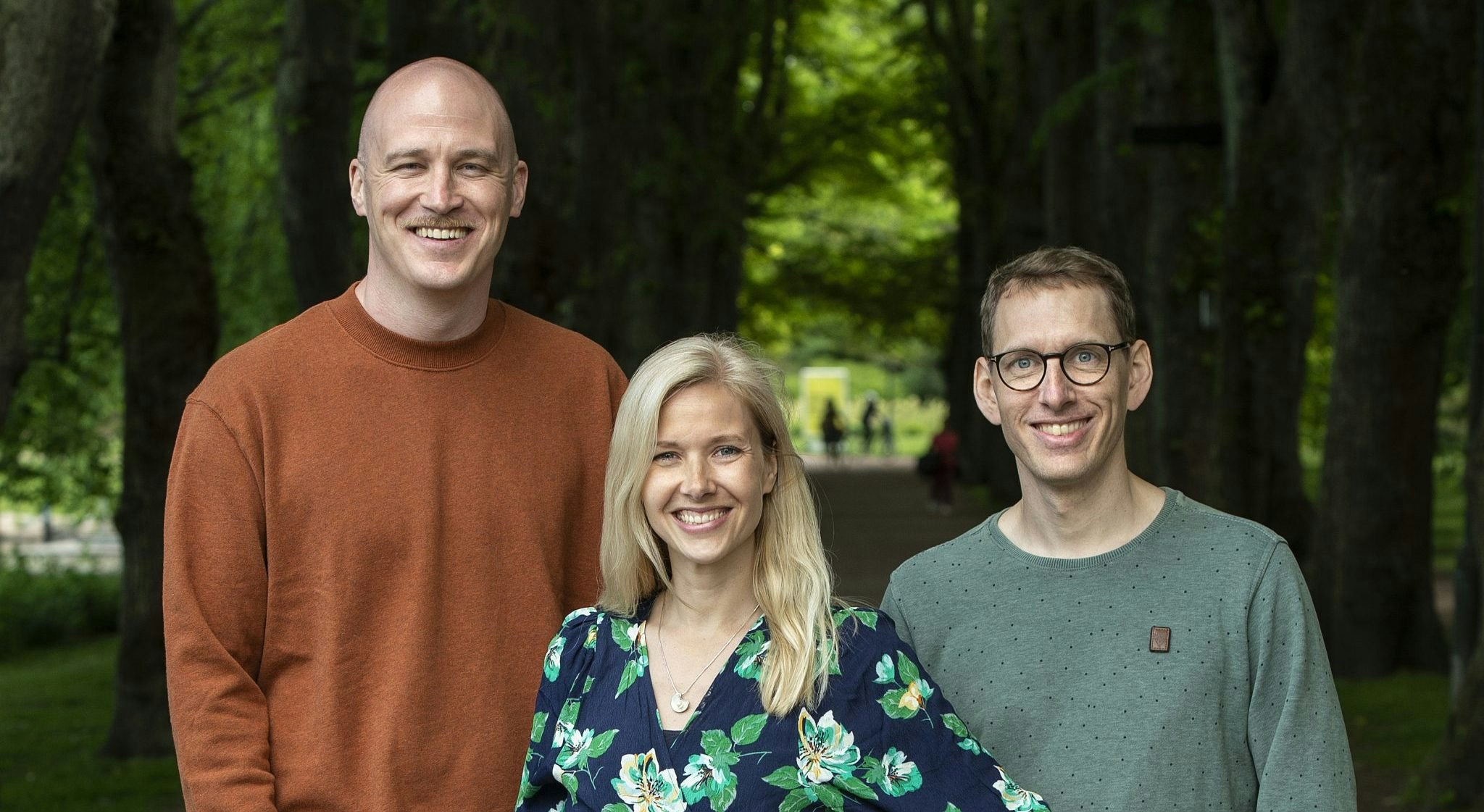
Heidi Lindvall, partner at climate tech VC Pale Blue Dot — Sweden
Purpose-driven investments will continue to grow in the Nordics, and companies will be expected to share their positive impact more than ever. Founders will also start expecting investors to disclose the percentage of their portfolio that has a positive impact built into their business model.
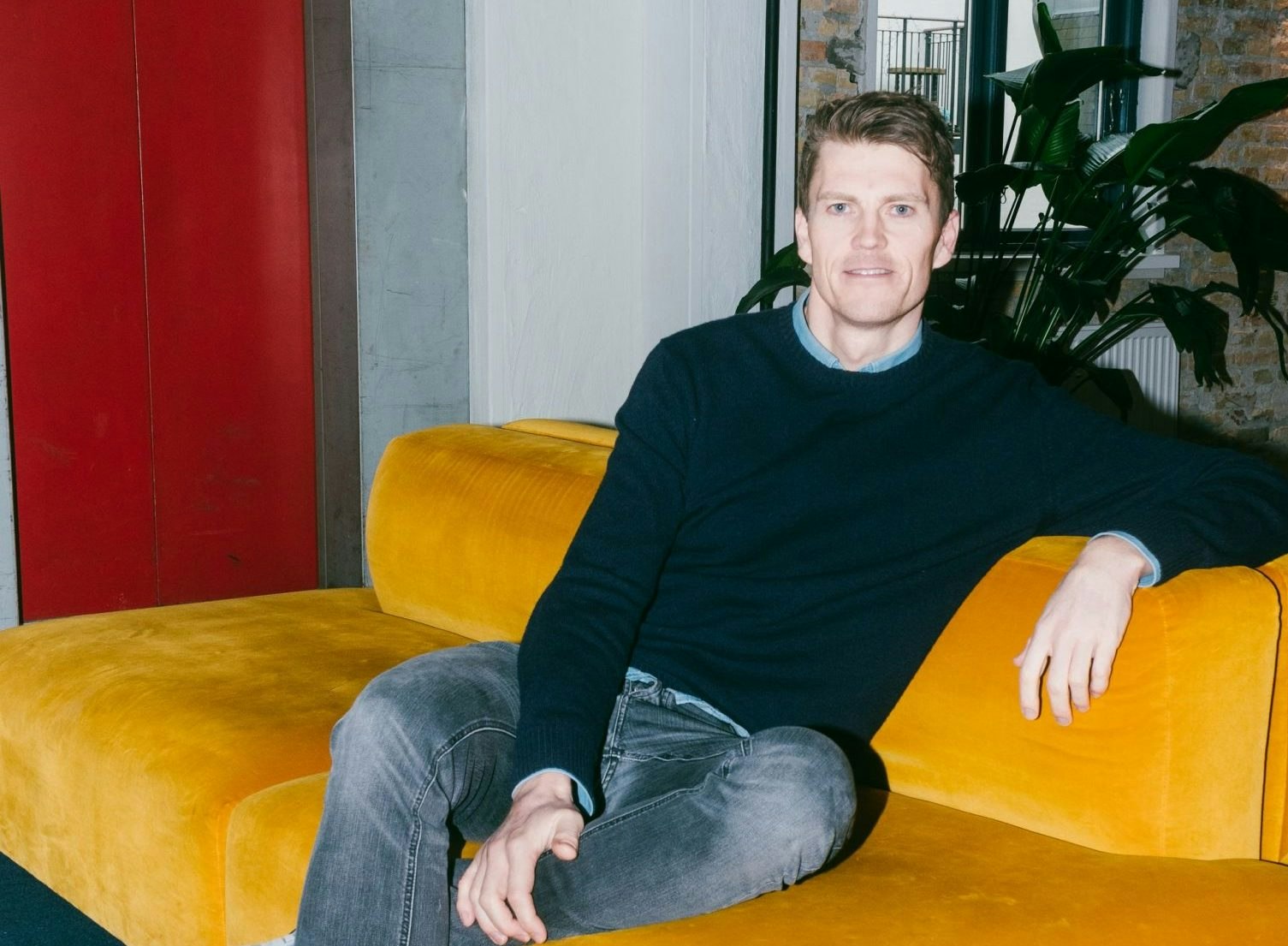
Jeppe Rindom, cofounder and CEO of fintech Pleo — Denmark
While the trend for remote-first working continues to flourish globally, Denmark continues to attract strong tech talent, eager to relocate to the land of hygge, good work-life balance and proximity to what Time Out calls the world’s coolest neighbourhood.
I think 2022 will see a continued internationalisation of the Danish workforce. It’s something we’ve championed at Pleo, and helps put this small but bright gem of a country in Europe in the international spotlight.
Moreover, Denmark is a great place for people with big ideas. In 2020, the Global Entrepreneurship Index labelled the Danish ecosystem the fifth best in the world for entrepreneurs looking to start a business. Add in native funds dedicated to startups pushing the digital transformation and it’s clear Denmark is well-placed to continue its streak of birthing game-changing B2B services — born here, but driven by a truly global outlook.
 Anna Brchisky, PR and community leader — Finland
Anna Brchisky, PR and community leader — Finland
The Finnish startup ecosystem is maturing fast as we speak. We've seen massive success stories, such as Wolt, Aiven and Supermetrics, stemming from our tight-knit community, resulting in new resources, know-how and talent for younger startups. The positive circle has resulted in a younger, even more ambitious Slush generation being able to build and cultivate startups like Huuva, Flowrite and Veri. These startups will drive further growth, more international funding and new talent into the Finnish ecosystem, which will be visible already in 2022.
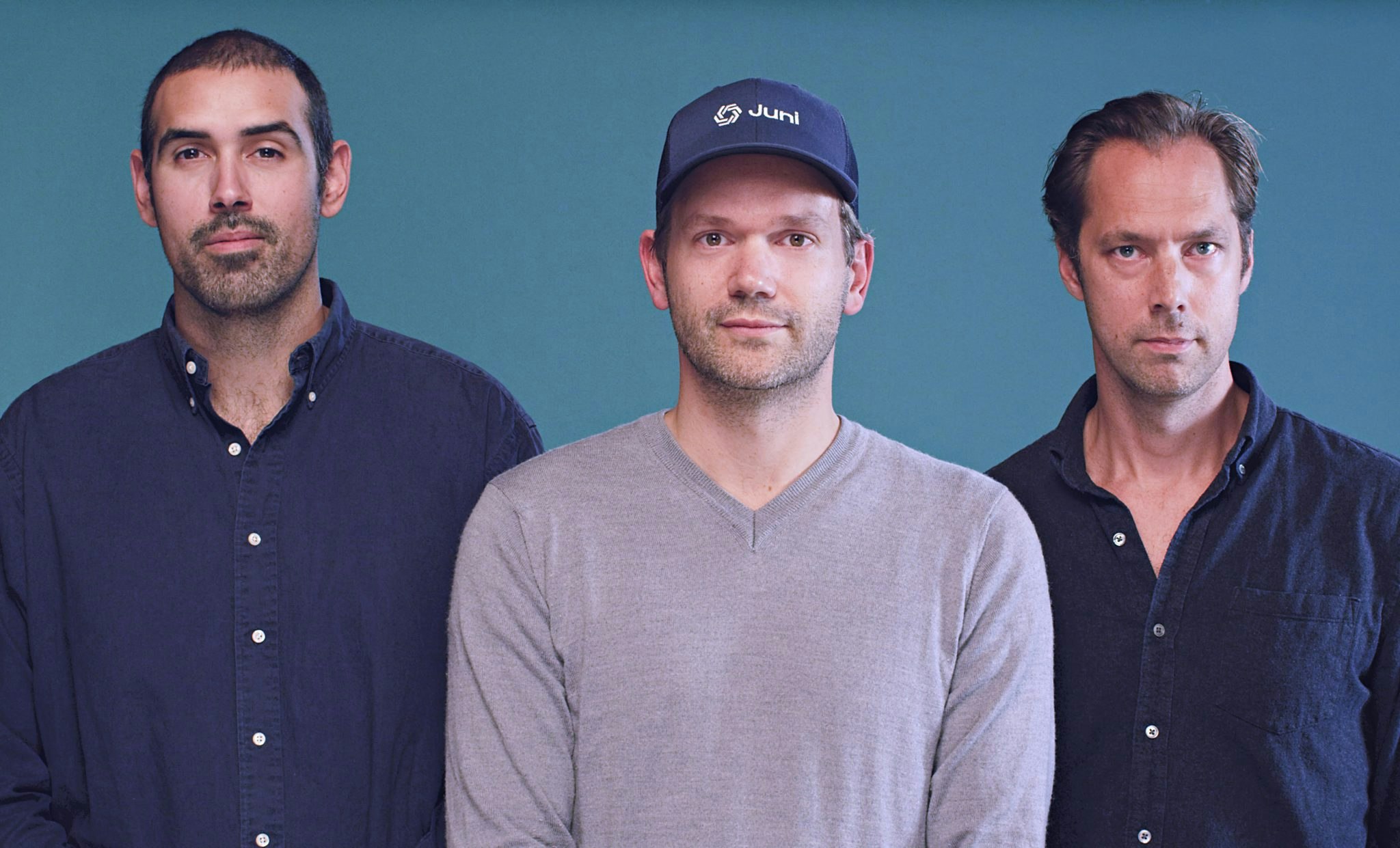
Samir El-Sabini cofounder and CEO of fintech Juni — Sweden
Sweden is a nation of entrepreneurship, startups and successful unicorns. The pandemic has spurred on the digital evolution and we’re seeing a wave of fintech 2.0 companies starting to emerge — including Juni.
In 2022, I expect to see more niche and hyper-focused fintech startups launch with a global or European first mindset from the start, and even more specialised subcontractors that will lower costs for them in order to create more specific propositions for their customers. I also expect an accelerated shift of B2B customers moving from traditional financial products towards tech-first products, a wave of consolidation in the market overall and that blockchain/crypto will become a natural part of all financial products.
 Katrine Arevad, PR manager at Donkey Republic, previously at TechBBQ — Denmark
Katrine Arevad, PR manager at Donkey Republic, previously at TechBBQ — Denmark
In light of the pandemic, there has been a lot of focus on the bridges between the tech world and governmental institutions. The pandemic has initiated a huge digital revolution, and digital technologies have never been more a part of people's lives than they are today. How to use tech in a responsible way to improve and not work against democracy, especially in Denmark, is starting to be a key focus.
A new initiative started this year called Tech for Democracy. It's a Danish-led initiative that brings together representatives from governments, multilateral organisations, the tech industry and civil society to make technology work for democracy and human rights, not against them.
In 2022, I believe that democracy and the collaboration between governmental and private tech institutions will take up a lot more space in the Danish tech scene. We will see more tech with a strong focus on improving human rights and enabling people to better make decisions that can influence their lives. Tech that can also make democratic institutions function better and be more responsive to societal challenges.



